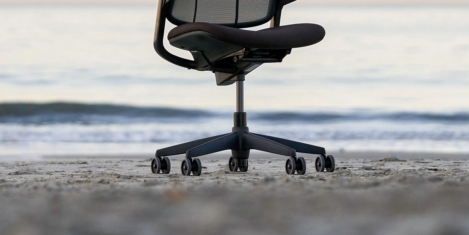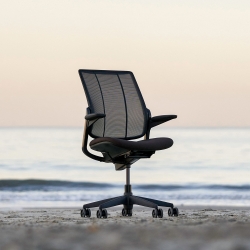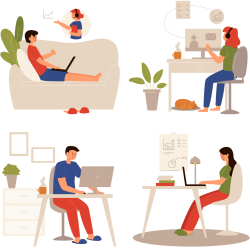July 7, 2023
Most people now at risk of poor mental health as a result of social exclusion
 More than half of people in the UK have experienced social exclusion in the past year, leading to poor mental health and wellbeing, according to a new report from BUPA in partnership with ParalympicsGB. The poll suggests that 58 per cent of British people have felt excluded at some point in the past year – leading them to feel shut out when going about their daily life (28 percent), at work (27 percent) or within society (24 percent). Bupa’s survey also claims that 30 per cent of people have felt a negative impact on their general mental health due to their experience of social exclusion, with many left feeling isolated (41 percent), sad (41 percent) and anxious (33 percent). (more…)
More than half of people in the UK have experienced social exclusion in the past year, leading to poor mental health and wellbeing, according to a new report from BUPA in partnership with ParalympicsGB. The poll suggests that 58 per cent of British people have felt excluded at some point in the past year – leading them to feel shut out when going about their daily life (28 percent), at work (27 percent) or within society (24 percent). Bupa’s survey also claims that 30 per cent of people have felt a negative impact on their general mental health due to their experience of social exclusion, with many left feeling isolated (41 percent), sad (41 percent) and anxious (33 percent). (more…)

























 Employees with full autonomy to choose where they work are happier in their job, yet only one in five are currently able to do so. And though 60 percent of all employees prefer hybrid working, only 39 percent are able to flexibly split their time between the home and office. This is according to Jabra’s 2022 edition of the
Employees with full autonomy to choose where they work are happier in their job, yet only one in five are currently able to do so. And though 60 percent of all employees prefer hybrid working, only 39 percent are able to flexibly split their time between the home and office. This is according to Jabra’s 2022 edition of the 







July 24, 2023
Should work help to define your identity? Perhaps, but first consider this…
by Dr Tracy Brower • Comment, Wellbeing